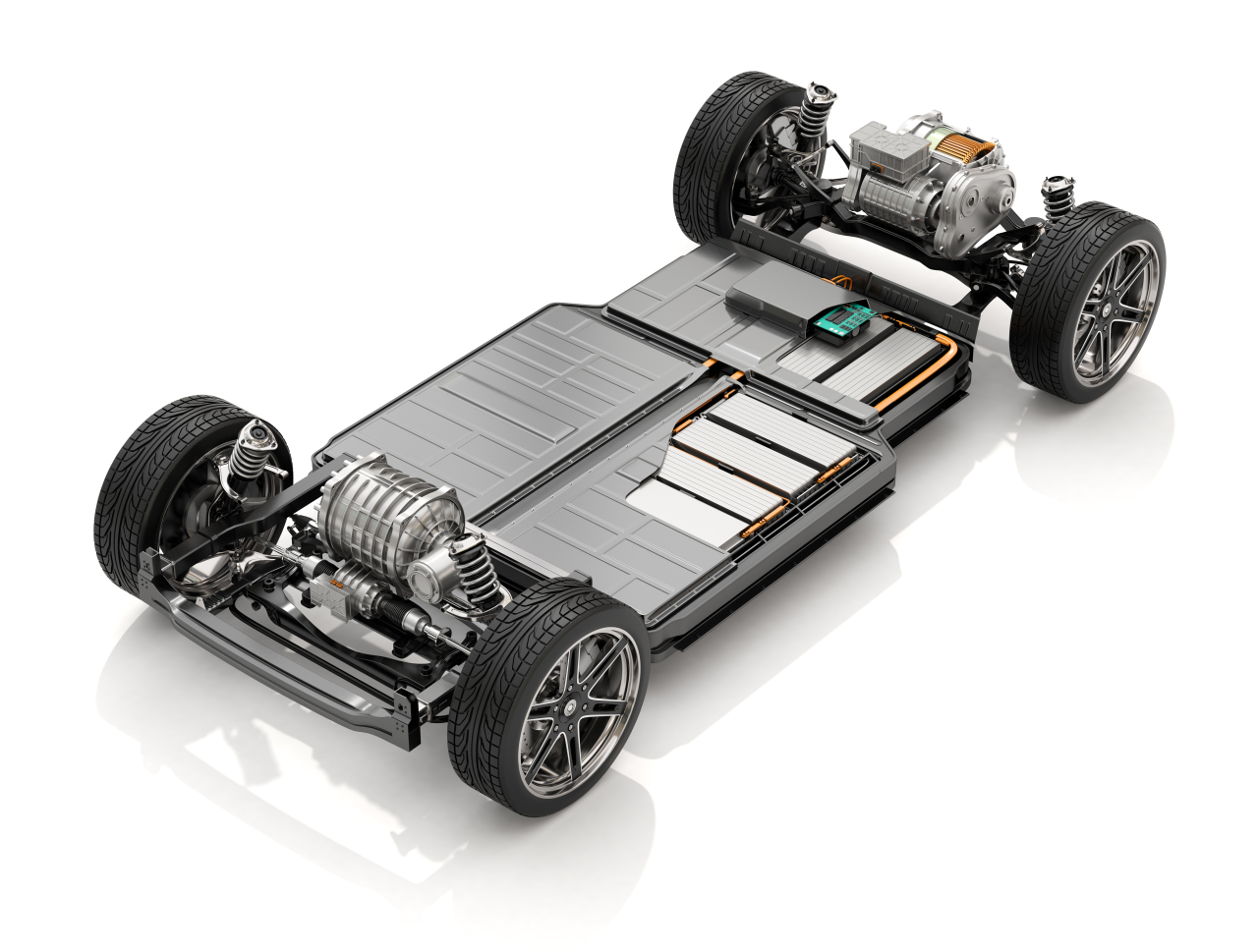 |
(123rf) |
The government‘s new scheme to adopt battery subscription services for electric vehicles is drawing mixed reactions due to the high costs of battery swapping amid falling prices of EV batteries.
The government plans to revise related laws to allow double registrations for an EV and its battery pack so carmakers or financial firms can run their own battery rental services for drivers, which is expected to drastically lower the purchasing costs for EVs whose battery pack represents up to 50 percent of the car price.
But considering fluctuations in battery prices, some experts are questioning the effective value of the unprecedented EV battery subscription plan.
“Despite uncertainties surrounding external factors such as the US-China conflict, the automotive industry forecasts that by 2025, there will be little price differences between EVs and combustion engine cars,” said Lee Hang-goo, a researcher at Korea Automotive Technology Institute.
As the EV market becomes saturated, with more drivers purchasing the eco-friendly models with government subsidies, the volume of EV batteries produced has also increased, leading to lowered prices in the long term.
A report by the International Energy Agency showed that the price of an EV battery pack was $293.4 per kWh in 2016, but fell to $156 in 2019 and $138 in 2020. The 2020 price has been applied to batteries manufactured in 2021.
Market experts have argued that battery pack prices should fall below the $100 mark to compete with combustion engine cars in terms of price.
Besides, the battery subscription service would only work when the carmakers make battery packs easily detachable, potentially adding further costs.
Most EVs have batteries inside the vehicle that works by recharging. The life span of a battery is a maximum of 10 years. After that, the product needs to be completely replaced.
“A cartridge-type battery pack would be more appropriate for the battery subscription market,” said professor Lee Ho-geun of automotive engineering at Daeduk University, adding that the current cost of removing the battery pack is also expensive.
In China, the world’s largest EV market, some EV makers, including Nio, have launched subscription-based swappable batteries.
Drivers can replace the battery at a swapping station with robots automatically changing the battery in about five minutes. Batteries are usually maintained well and charged optimally, offering users good condition batteries with power and longevity.
But the Chinese market is also struggling with the high cost of building related infrastructure. Setting up a battery swapping station costs an average of 3 million yuan ($450,000). It also costs almost $10,000 more to manufacture a battery-swap-ready EV model, compared to a regular EV with a non-detachable battery.
The battery subscription plan could reduce the price of Kia‘s latest EV, Niro, from 45.3 million won to 14.3 million won after deducting 10 million won in government subsidies and a 20 million won battery pack.
Hyundai Motor Group affiliate Hyundai Capital would introduce the battery subscription service in late 2023, according to the industry.
By Kim Da-sol (
ddd@heraldcorp.com)








